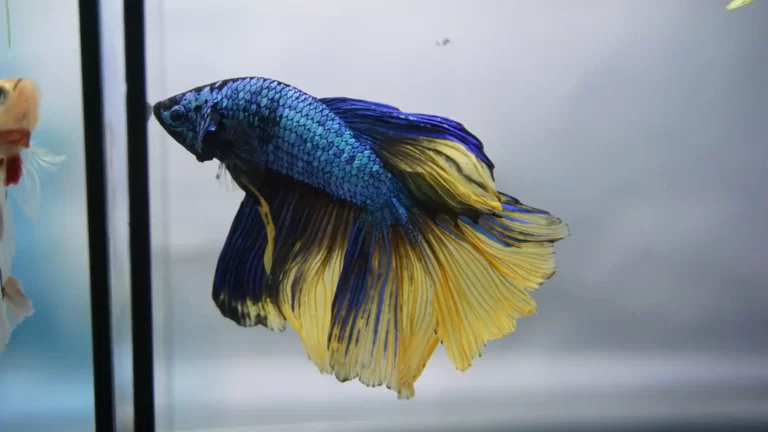Do You Have to Condition Spring Water for Betta Fish?
Hey there, fellow fish enthusiasts! Today, I want to dive into something that’s absolutely crucial for our little aquatic buddies – water quality. You see, maintaining the right water conditions is vital for the well-being of Betta fish, and one of the best ways to achieve this is by conditioning spring water.
In this guide, I’ll be sharing all the know-how you need to create a healthy and thriving environment for your Betta fish. So, let’s get our feet wet and explore the world of water conditioning!
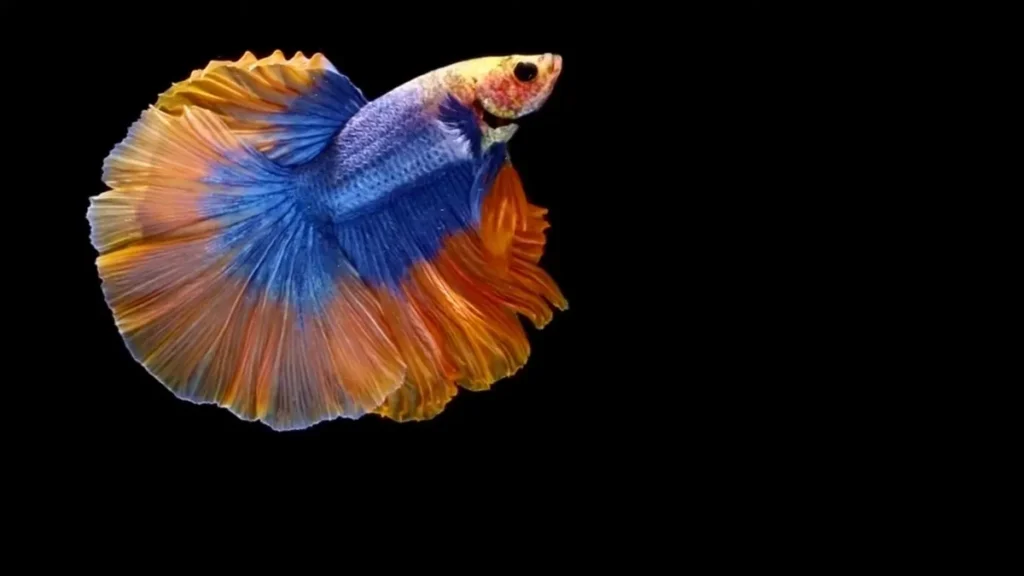
Do You Have to Condition Spring Water for Betta Fish?
Oh, you bet-ta you do! Conditioning spring water is a must for Betta fish, and for good reason. You see, untreated spring water can carry harmful substances that could make our finned friends sick. So, to keep them swimming strong and happy, we need to give that water some TLC.
When you skip the conditioning step, you risk exposing your Betta fish to chlorine and chloramine – two big no-nos for their sensitive gills. Trust me; you don’t want your fishy friends feeling like they’ve been swimming in a pool of chemicals!
Understanding Betta Fish Water Requirements
To be good fish parents, we’ve got to understand where our Betta fish hail from in the wild. These beauties come from the rice paddies and slow-moving streams of Southeast Asia, so they have specific water preferences.
Betta fish thrive in slightly acidic to neutral water with a pH range of 6.5 to 7.5. They also prefer temperatures between 76°F to 82°F (24°C to 28°C). So, keep that thermostat in check for their comfort.
The Importance of Proper Water Conditioning
Water conditioning isn’t just about making the water look pretty; it’s about making it safe and hospitable for our fishy pals. This process helps remove harmful chemicals, toxins, and heavy metals from the water – things that can spell trouble for our little swimmers.
One of the biggest concerns is chlorine and chloramine, which are often added to tap water to keep it safe for humans. However, they aren’t so great for fish. Conditioning the water neutralizes these compounds and keeps our Betta buddies healthy and happy.
More: Can You Use Distilled Water for Betta Fish? Expert Advice
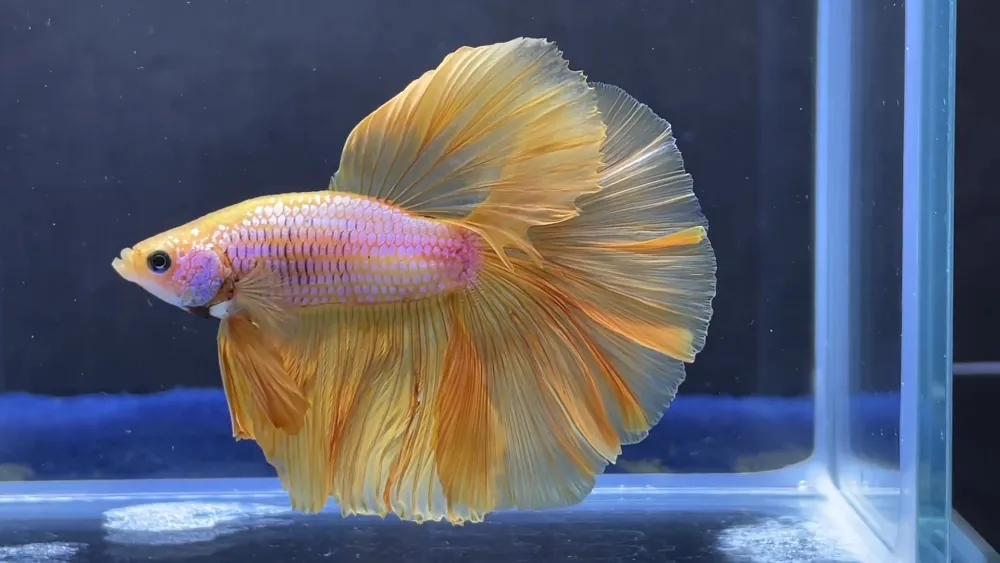
Types of Water Conditioners
When it comes to water conditioners, we’ve got options! There are conditioners that take care of chlorine and chloramine, ensuring your fishy friends can breathe easy. Then, we have conditioners that promote the growth of beneficial bacteria – the kind that keeps your tank’s ecosystem in harmony.
For those of you with large aquariums, fear not! There are conditioners designed to tackle the challenges of conditioning water in bigger tanks too. So, no matter your setup, there’s a conditioner out there for you.
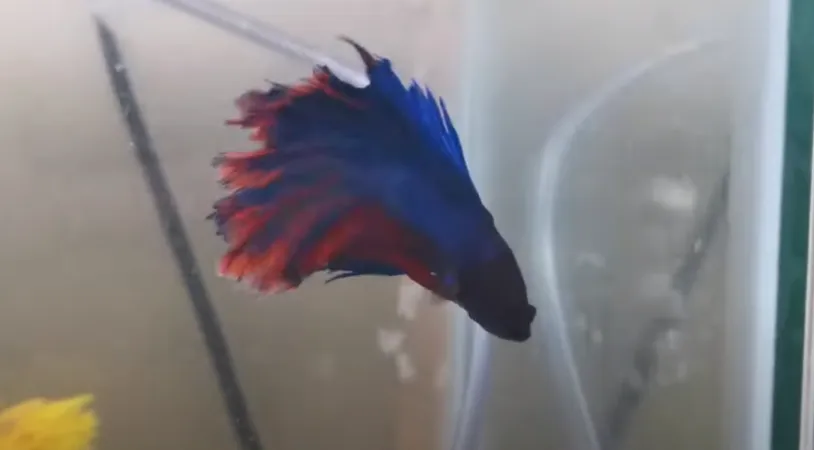
Step-by-Step Guide: How to Condition Spring Water for Betta Fish
Alright, it’s time to roll up our sleeves and get to work. Here’s a step-by-step guide to conditioning spring water for our finned companions:
- Preparing the water before conditioning: Start by filling a clean container with the spring water you plan to use. Make sure it’s free from any debris or contaminants.
- Properly dosing the water conditioner based on tank size: Follow the instructions on the water conditioner’s label to determine the right amount needed for your tank.
- Allowing the water to sit for optimal results: Give the water and the conditioner some time to get acquainted. A few minutes should do the trick.
- Testing the water quality before introducing Betta fish: Before you let your fishy friends take the plunge, test the water to ensure everything is in order. Use a reliable aquarium test kit to check the pH, ammonia, and nitrate levels.
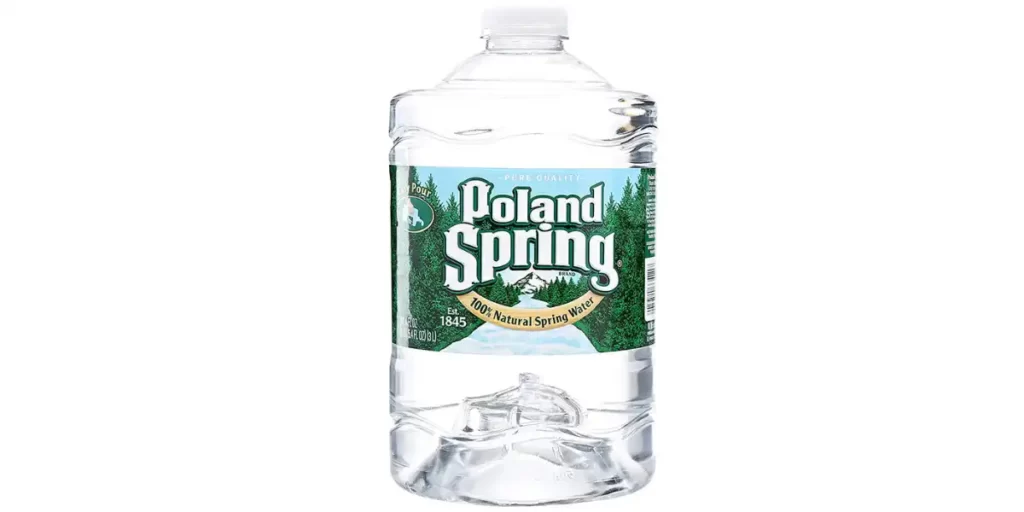
Considerations for Different Water Sources
Not all water is created equal, and that goes for the water we use for our Betta fish too. Depending on the source, the water can have different qualities that may impact your fish.
Spring water can be a great option if it’s free from any additives, but do check its parameters to ensure it aligns with what our Betta buddies need. Tap water, on the other hand, might contain chlorine, chloramine, and other chemicals.
So, be sure to condition it before use. And don’t forget about well water – it can vary a lot in its properties, so testing is a must.
The Impact of Water Temperature on Conditioning
Betta fish are particular about their temperature preferences, and conditioning the water at the right temperature matters. Aim to condition the water at a temperature close to what you plan to maintain in the tank. Drastic temperature changes can stress out our fishy friends, so let’s avoid any icy surprises.
Balancing pH Levels for Betta Fish Health
Betta fish are sensitive souls, and their well-being is tied to pH levels. It’s essential to keep the pH within the optimal range of 6.5 to 7.5 during water conditioning. If you need to adjust the pH, do it slowly and carefully to avoid shocking our finned pals.
Maintaining Water Hardness for Optimal Conditions
Water hardness can influence how our Betta fish feel in their tank. To get it just right, you might need to make some adjustments during conditioning. The ideal hardness levels for Betta fish are between 5 to 20 dGH. Keep an eye on it to ensure their comfort.
Frequently Asked Questions (FAQ)
Can I use tap water directly for my Betta fish tank?
Not recommended, always condition it first.
How often should I change and condition the water in my Betta fish tank?
Aim for a 25% to 50% change every week and condition the new water.
Can I use multiple water conditioners together?
Avoid using multiple conditioners simultaneously.
What happens if I forget to condition the spring water before adding Betta fish?
Conditioning removes harmful substances, so don’t forget.
Related Posts:


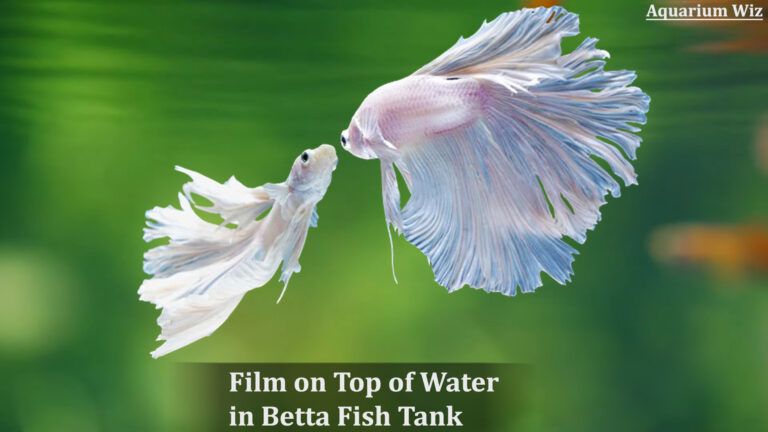
![Is Duckweed Good for Bettas? [Explain]](https://aquariumwiz.com/wp-content/uploads/2023/07/Is-Duckweed-Good-for-Bettas-768x432.webp)
![Will Cold Water Kill Goldfish?-[Explain]](https://aquariumwiz.com/wp-content/uploads/2023/08/Will-Cold-Water-Kill-Goldfish-768x387.webp)
